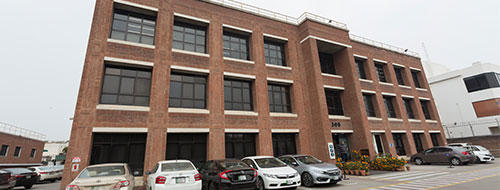Possible Causes of Poor Nutrition
The best ways to find out why your loved one isn't eating well are to pay attention, look for clues and ask questions. Encourage him to talk openly and honestly, and reassure him that he is not a burden to you or anyone else. Some of the most common reasons for poor nutrition in the elderly include:
Decrease in Sensitivity
The aging process itself is a barrier to good nutrition since it is common to for appetites to diminish as a person ages. A decline in the senses of smell and taste also affect a person’s ability to taste and enjoy food. If a meal isn’t appetizing, a senior is less likely to eat as much as he should.
 |
Side Effects of MedicationCertain medications (whether over-the-counter or prescription) can reduce appetite, cause nausea, or make food taste differently. If a senior doesn't feel hungry due to medication side effects, she is less likely to eat even though her body does need food and calories. |
Poor Dental Health
Seniors are more likely to suffer from dental problems. Dentures, jaw pain, mouth sores and missing teeth can make chewing painful. All of these factors make it increasingly difficult for the elderly to eat healthy foods.
Depression
| As people age, life can become more difficult. Their loved ones may be gone (or far away), their body may be failing them, even if their mind is sharp, and loneliness can take its toll. Feeling blue or depressed can decrease one's appetite, or make him feel apathetic about caring for his health. Depression is a manageable disease when treated correctly, but left untreated it can lead to many other nutrition and health problems. |  |
Poor memory
It can hurt a senior's ability to eat a variety of foods on a regular schedule and remember what to buy at the store. One may keep eating the same foods over and over without realizing it, or skip meals entirely

